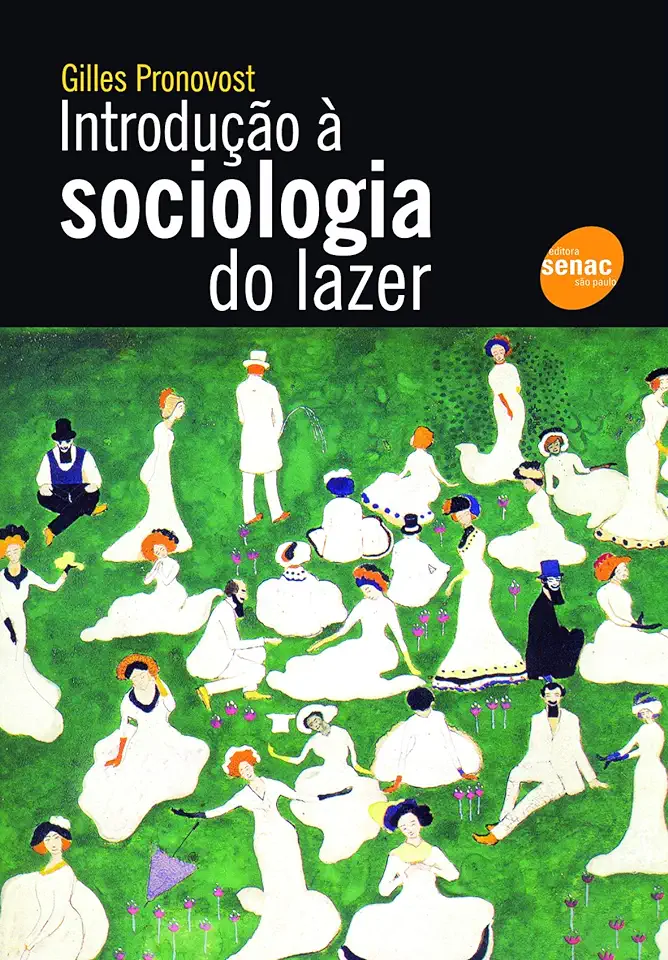
Introduction to the Sociology of Leisure - Gilles Pronovost
Introduction to the Sociology of Leisure
A Comprehensive Exploration of Leisure and Its Impact on Society
In today's fast-paced world, leisure has become an integral part of our lives, shaping our identities, social interactions, and overall well-being. "Introduction to the Sociology of Leisure" by Gilles Pronovost offers a comprehensive exploration of this multifaceted concept, providing readers with a deeper understanding of the significance of leisure in contemporary society.
Understanding Leisure: A Sociological Perspective
Pronovost begins by defining leisure as "a set of social practices that are freely chosen, intrinsically rewarding, and not directly related to the reproduction of individuals or society." This broad definition encompasses a wide range of activities, from sports and hobbies to cultural pursuits and social interactions.
The book delves into the historical evolution of leisure, tracing its roots from ancient civilizations to the present day. Pronovost highlights how leisure has transformed from a privilege enjoyed by the elite to a fundamental right accessible to all. This shift has been driven by various factors, including technological advancements, changes in work patterns, and the rise of consumer culture.
Leisure and Social Inequality
One of the central themes explored in the book is the relationship between leisure and social inequality. Pronovost argues that leisure is not simply a matter of individual choice but is also influenced by social structures and power dynamics. He examines how access to leisure resources, such as time, money, and facilities, is often unevenly distributed across different social groups.
The book provides compelling evidence to demonstrate how leisure inequalities can perpetuate existing social hierarchies. For instance, individuals from higher socioeconomic backgrounds tend to have more opportunities for leisure participation, leading to better health outcomes, educational attainment, and social networks.
Leisure and Identity Formation
Leisure also plays a crucial role in shaping our identities and sense of self. Pronovost discusses how leisure activities can serve as a means of self-expression, allowing individuals to explore their interests, develop their skills, and connect with like-minded individuals.
The book highlights the importance of leisure in constructing social identities, both at the individual and collective levels. Through leisure, individuals can express their belonging to specific groups, communities, or subcultures. This aspect of leisure contributes to social cohesion and a sense of shared identity.
Leisure and Social Change
Pronovost emphasizes the transformative potential of leisure in driving social change. He argues that leisure can be a catalyst for personal growth, social empowerment, and collective action.
The book provides examples of how leisure activities have been used as tools for social activism, environmental conservation, and community development. Pronovost demonstrates how leisure can challenge social norms, promote inclusivity, and foster a more just and sustainable society.
Conclusion: Leisure as a Social Force
"Introduction to the Sociology of Leisure" offers a comprehensive and thought-provoking analysis of leisure's role in society. Pronovost's work provides a valuable resource for students, scholars, and anyone interested in understanding the complex dynamics of leisure and its impact on our lives.
By shedding light on the social significance of leisure, this book encourages readers to critically reflect on their own leisure experiences and consider how they can harness the power of leisure for personal and social transformation.
Enjoyed the summary? Discover all the details and take your reading to the next level — [click here to view the book on Amazon!]